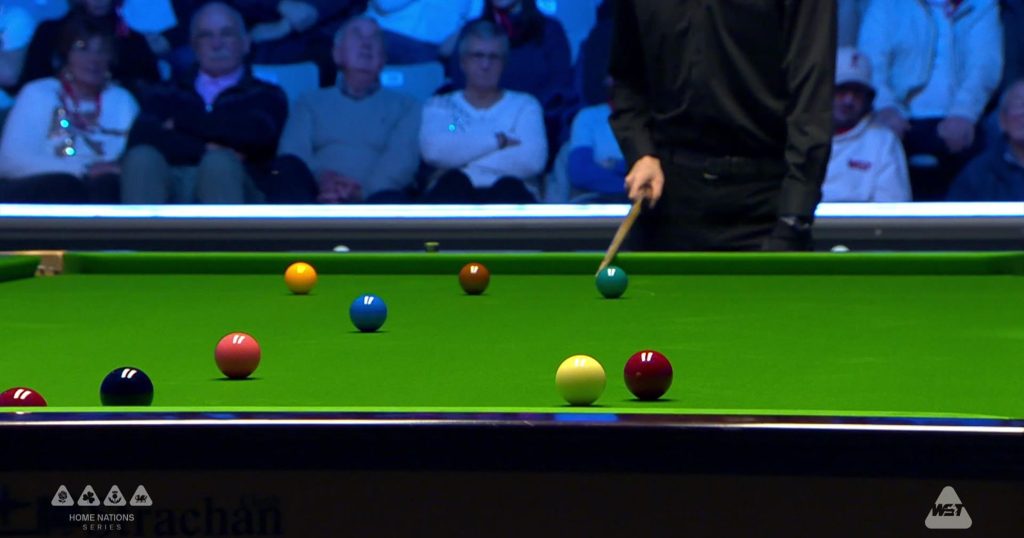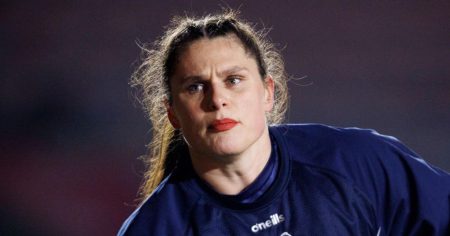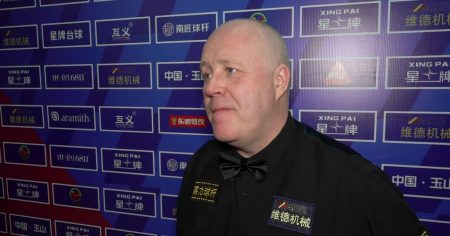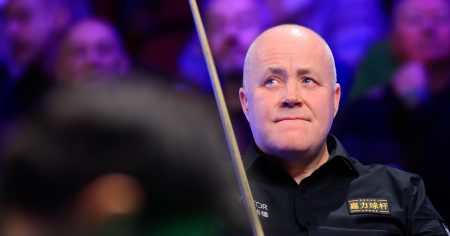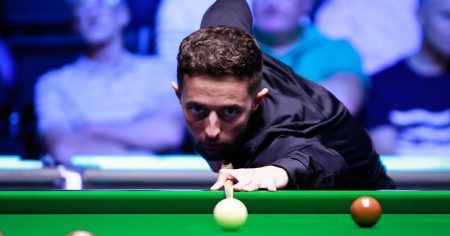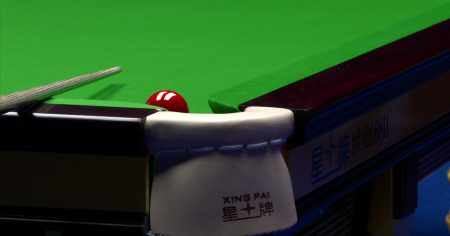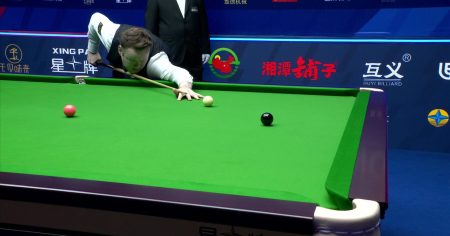The incident involving referee Proletina Velichkova and snooker player He Guoqiang during his first-round match against Mark Allen at the Scottish Open highlights the complex and often controversial nature of officiating in professional sports. Velichkova’s call, perceived by many as incorrect, penalized Guoqiang for a foul that replays suggested he did not commit. This incident sparked immediate debate about the accuracy of the decision and its potential impact on the match’s outcome. The situation underscores the pressure referees face in making split-second judgments in a sport where precision and subtle nuances can determine the difference between winning and losing. While the specifics of this particular incident remain debated, it serves as a microcosm of the wider challenges faced by officials across all sports, highlighting the constant need for improvement and the ever-present possibility of human error.
The controversial nature of Velichkova’s call stems from the seemingly inconclusive evidence supporting the foul against Guoqiang. Snooker, a sport requiring meticulous positioning and precise cueing, often presents situations where even slight movements can affect the outcome of a shot. In this instance, the question at hand was whether Guoqiang’s cue had made contact with the cue ball more than once during his shot, a foul known as a double hit. Replays of the incident seemed to show Guoqiang’s cue striking the ball cleanly, leading many observers, including commentators and viewers, to question the validity of Velichkova’s judgment. The ambiguity surrounding the incident amplified the controversy, illustrating the difficulties referees encounter when making decisions based on real-time observation, particularly in the absence of conclusive video evidence. This ambiguity fuels the ongoing discussion about the use of technology in officiating and the need for more robust review systems in snooker.
The incident’s potential impact on the match between Guoqiang and Allen adds another layer of complexity to the situation. In professional snooker, even seemingly minor fouls can have significant consequences, especially in tight matches. The points awarded to the opponent for a foul, the disruption to the offending player’s rhythm, and the psychological impact of an unexpected penalty can all contribute to a shift in momentum. While it is impossible to definitively determine how Velichkova’s call affected the final result, the incident raises questions about the fairness of the outcome and the potential influence of officiating decisions on the course of a match. This underscores the crucial role referees play in ensuring a level playing field and the importance of accurate officiating in preserving the integrity of the sport.
Beyond the immediate controversy surrounding this specific incident, the situation also brings to light the broader challenges faced by referees in professional snooker and other sports. Referees operate under immense pressure, required to make rapid judgments in dynamic and often unpredictable environments. They must possess an intimate knowledge of the rules, a keen eye for detail, and the ability to remain impartial amidst the intense competition. The Velichkova incident illustrates the human element inherent in officiating and the possibility of errors, even with the best intentions. It also highlights the importance of providing referees with adequate training and support, as well as implementing mechanisms for reviewing and correcting mistakes when they occur.
The debate sparked by the Velichkova incident also raises questions about the role of technology in officiating. In recent years, many sports have embraced technology to aid referees in making more accurate decisions, particularly in situations where human observation might be limited. Snooker, with its intricate rules and subtle nuances, could potentially benefit from increased reliance on technology, such as high-speed cameras and sophisticated tracking systems, to review controversial calls and ensure fairness. The incident involving Guoqiang and Allen serves as a case study for the potential advantages of incorporating more technology into snooker officiating, particularly in situations where the evidence is unclear or disputed. This could lead to more accurate calls, increased player confidence in officiating, and a greater sense of fairness within the sport.
Ultimately, the incident involving referee Proletina Velichkova and He Guoqiang at the Scottish Open provides a valuable opportunity for reflection and improvement within the sport of snooker. By examining the specifics of this case, analyzing the controversies it generated, and considering the broader implications for officiating, the snooker community can work towards enhancing the accuracy and fairness of the game. This includes exploring the greater use of technology, improving referee training programs, and establishing clearer protocols for handling disputed calls. By learning from this incident, snooker can strive to minimize the impact of human error on the outcome of matches and ensure that the sport remains competitive, engaging, and above all, fair. The incident, while unfortunate for the players involved, serves as a catalyst for positive change and a reminder of the ongoing quest for perfection in officiating.




